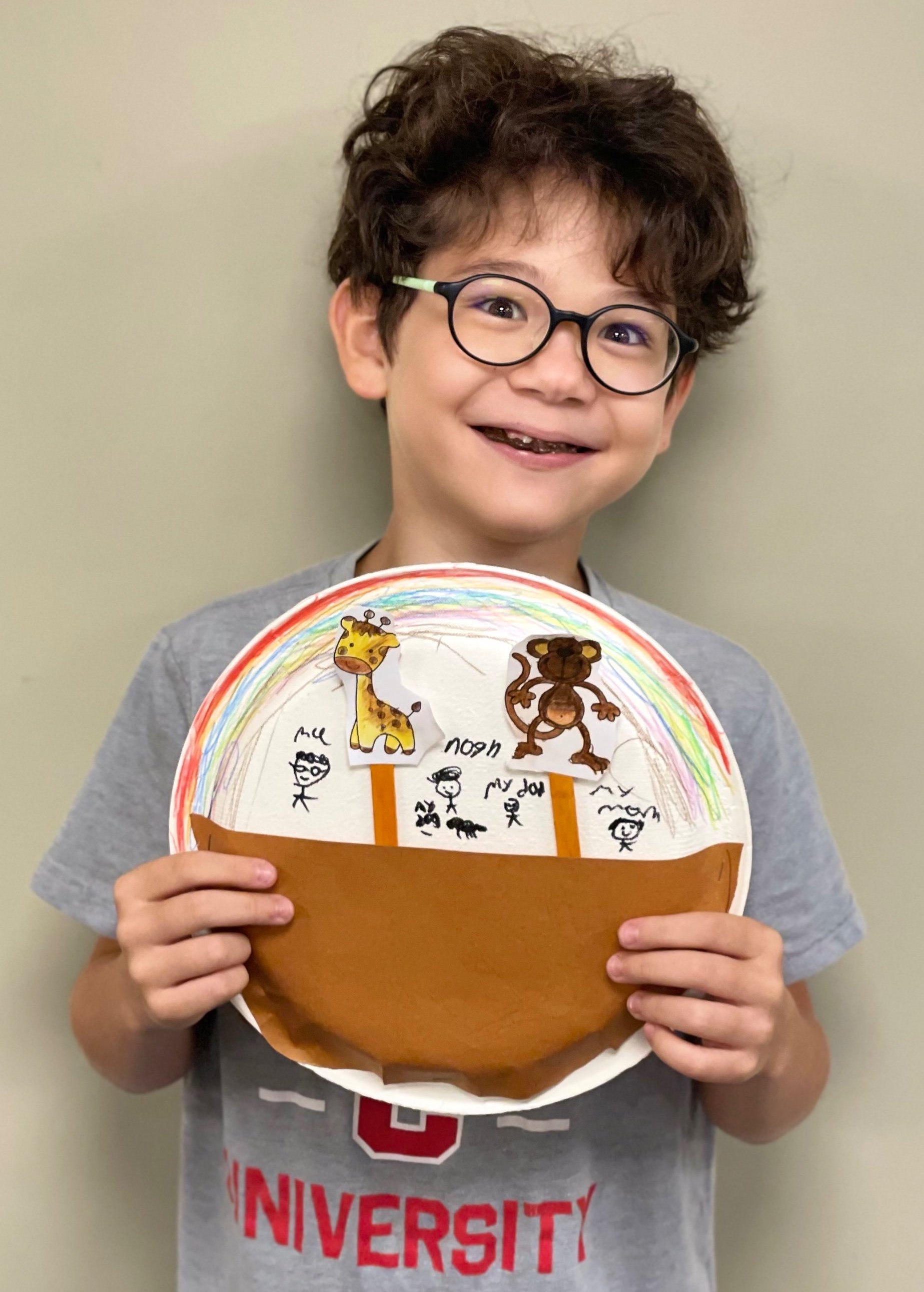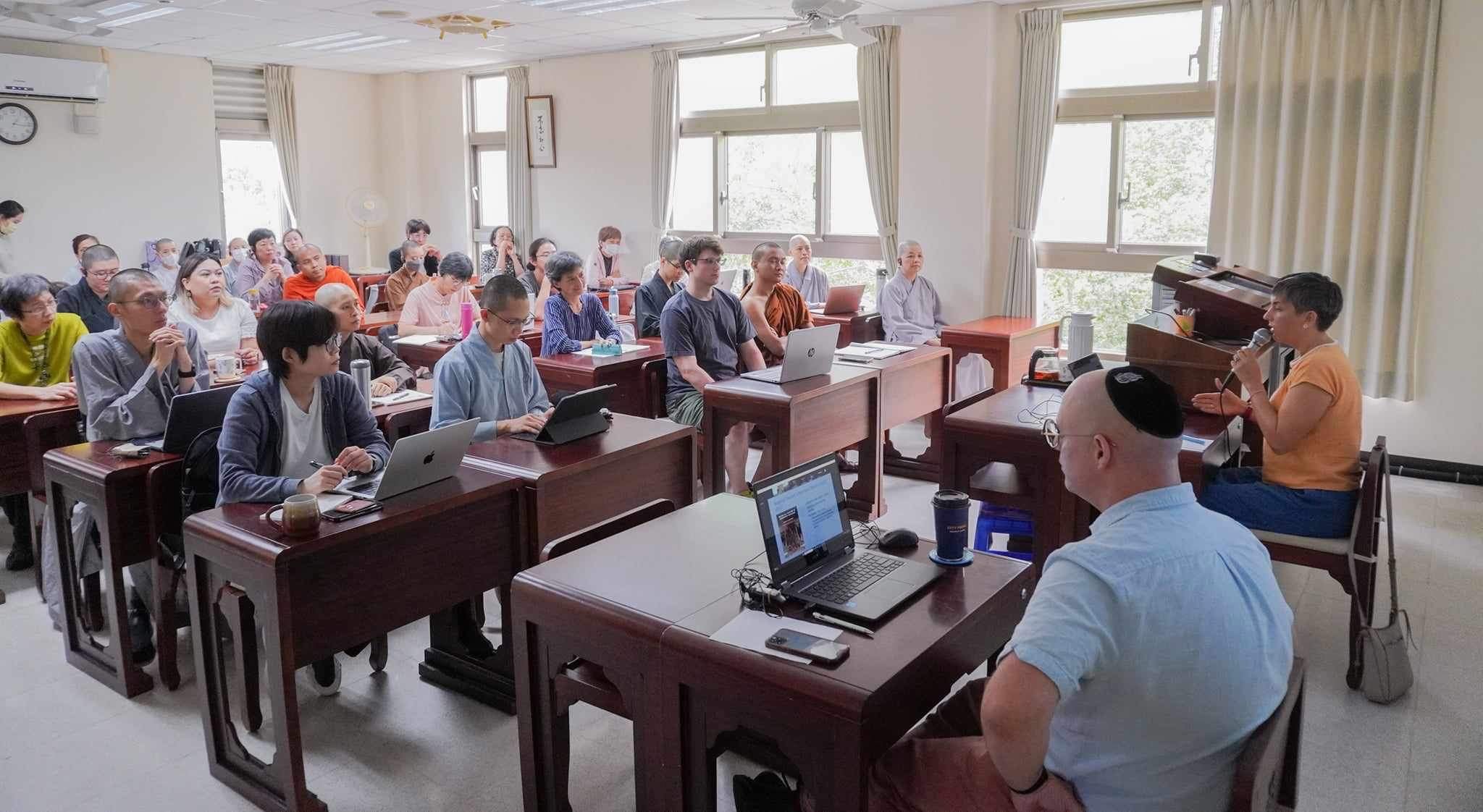This very much mirrors our world right now. Each day we wake up, look at our phones, and are bombarded by a flood of news about the war in Israel. We read about death, see reports about the hostages, and before we even begin our daily business, we start the day off with our heads deep under water.Then we go to work, or to class, or get our kids ready for school, and hear about an antisemitic attack somewhere in Europe or even in Beijing.
The flood waters are gathering on all sides, and it feels as if the rain will never stop.
So, how do we go on? How do we navigate this situation without drowning?
The Torah describes Noah as “a man who walked with God” and was “a perfectly righteous person in his generation.” In his generation. This language led our rabbis to question whether or not Noah was truly righteous at all. We know that the generation of Noah was very, very wicked. So, for Noah to be “perfectly righteous in his generation,” might actually mean he was a pretty awful person, since the standard was so low. Had he lived in the generation of Abraham, or King David, or even our generation, maybe Noah would have been considered wicked! Perhaps it was only in his wicked generation that Noah was considered righteous.
If this is in fact the case, what did Noah do that that would make us consider him not the best person?
In the Zohar, the most important book of Kabbalah, Jewish mysticism, we find a conversation between God and Noah that is not found in the Biblical text. According to the Zohar, after the flood waters went away and Noah left the ark, he began to weep for the countless lives that had been lost. However, God immediately rebukes Noah, saying:
“Fool! It is only now, after the world’s population has been destroyed that you choose to weep. You should have wept for them before the flood [in the hopes that I would have spared them] (Zohar Chadash: Noach, 24-25).”
According to Rabbi Nathan of Nemirov (1780-1844), the key disciple of Rabbi Nachman of Breslov (1772-1810), Noah’s lack of righteousness stemmed from the fact that he “walked with God.” We would think someone walking with God is an amazing spiritual level to reach, but it did not reach the level of piety that Abraham or Moses did. Unlike Abraham, who bargained with God in an attempt to save the people of Sodom and Gomorrah, and Moses, whom our rabbis tell us was willing to sacrifice himself to save the Israelites from God’s fury over the golden calf, Noah was satisfied with hiding within the ark he had built.
Thus, the fact that “Noah walked with God,” is not complimentary. Rather, it was the Torah’s way of rebuking Noah for distancing himself from the people around him.
Right now, while the flood waters are gathering all around us and it seems as though the rain will never stop, we have to make sure while we protect ourselves, we don’t hide behind our own walls. It is a time to build stronger bridges, stronger connections between others. We are not alone. Not in the world, and not here in this community. We are all connected to one another.


